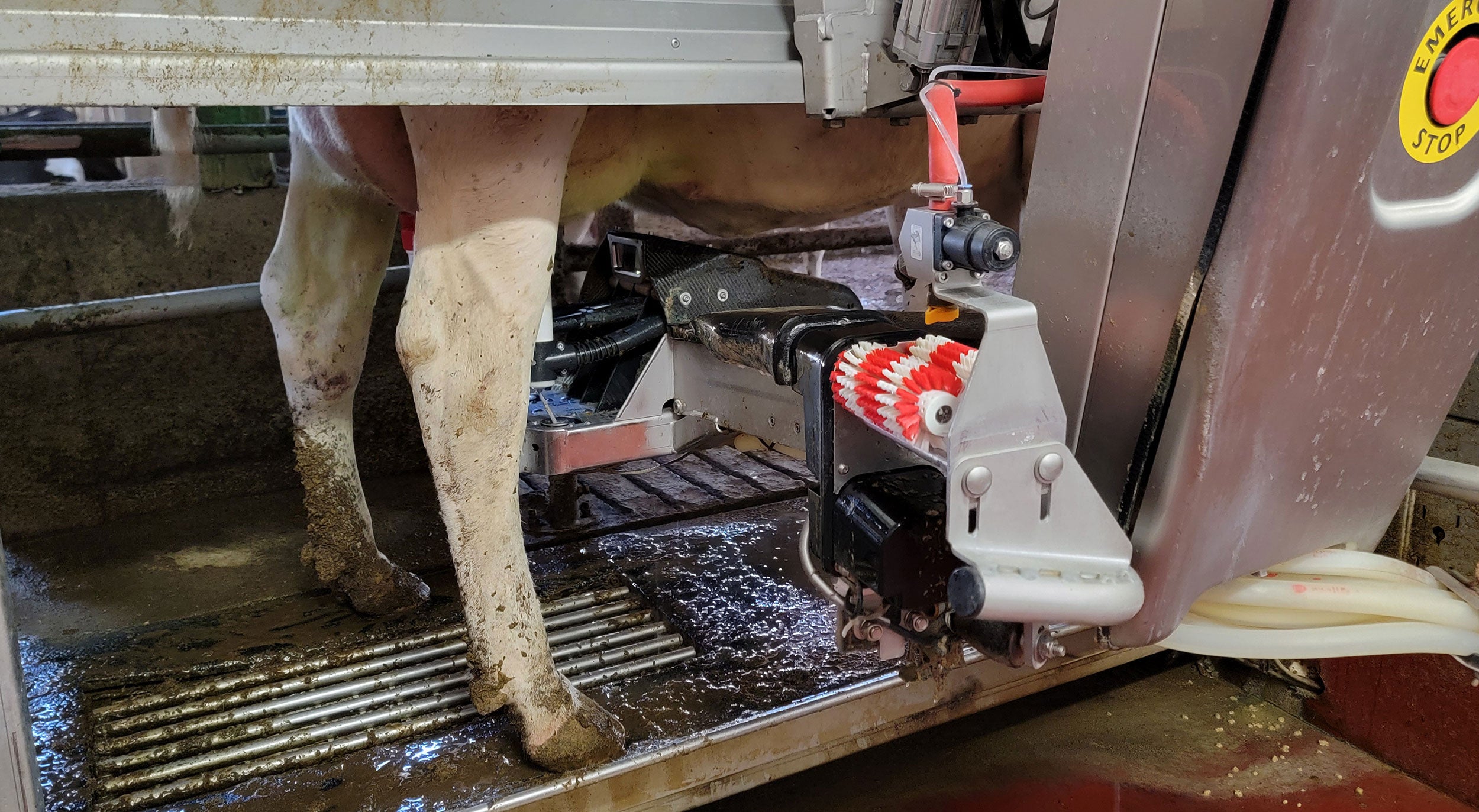This editorial was written by Texas Agriculture Commissioner Sid Miller and distributed to media.
Living in Stephenville — the dairy capital of Texas — I’ve got a front-row seat to the heartbeat of our state’s dairy industry. Here in Erath County, we take pride in our dairy heritage, so much so that we’ve got a statue of a dairy cow named “Moola” right on the courthouse square. Raw milk, with its accompanying risks, certainly isn’t for everyone, but the fact of the matter is that the consumption of raw milk is as storied a tradition as any in rural America.
When it comes to buying raw milk in Texas, we have plenty of options. You can get it straight from the cow at your local dairy farm, have it delivered to your doorstep, pick it up at the farmer’s market, or even order it online from the comfort of your home. But the one place you won’t find raw milk is at the grocery store dairy aisle.
Why’s that? Health agencies such as the U.S. Food and Drug Administration and the Centers for Disease Control don’t allow it to be sold in grocery stores because of the potential risks. Raw milk hasn’t been pasteurized, a process that heats milk to kill harmful bacteria and extend its shelf life. Back in the early 1900s, pasteurization became the standard because raw milk can carry dangerous bacteria like E. coli, Salmonella, and Listeria. These aren’t just names — they’re killers.
Even so, the risk is worth taking for some looking for the potential health benefits.

Now, I’m no stranger to raw milk. Growing up, we didn’t head to the grocery store for a gallon of milk — we went to the barn and got it ourselves. My brother milked the family cow in the morning, and I took care of it in the evening. Afterward, we’d strain out the flies and manure with a cup towel and drink it fresh. That was just life on the farm.
When Debra and I were first married, raw milk was still a part of our daily routine. We had a milk cow, and we used raw milk for everything — pouring it over cereal, churning it into butter, whipping up gravy, and even making homemade ice cream. We even raised our oldest son on raw goat’s milk because it kept him from having colic. Most folks don’t know that goat’s milk is naturally homogenized, meaning the cream doesn’t rise to the top like it does in cow’s milk. This, along with its smaller fat globules and slightly different protein structure, makes it easier for people to digest.
These days, raw milk has seen a resurgence in popularity among those seeking pure sources of nutrition, something we dearly lack in our daily lives. Providing Americans with more education and access to pure, nutritious food is a key component of President-elect Donald Trump and Robert F. Kennedy Jr., his Department of Health and Human Services secretary-designee’s “Make America Healthy Again” initiative, which I have championed.

While raw milk contains the same number of amino acids, antimicrobials, vitamins, minerals, and fatty acids as pasteurized milk, for some, it’s about taking the calculated risk to reap the benefits of milk in its purest form.
As someone who grew up drinking it, I can tell you firsthand: It’s not just about what you drink — it’s about how you handle it. It takes knowledge, care, and some good cowboy logic to handle raw milk safely. Just because it’s risky doesn’t mean the option should be removed from the people either. I believe in personal choice and the freedom to decide what’s best for you and your family.
There’s nothing more American than the freedom to choose what kind of food you eat. That is the bottom line. The federal government should educate and inform about potential risks but leave it to the people to decide what is best for them and their families. Raw milk isn’t for everyone, but that doesn’t mean it shouldn’t be available. Just as we shouldn’t force people to consume something they don’t want, the government should allow people the right to choose what is best for their personal nutrition.
An eighth-generation Texas farmer and rancher, Sid Miller is the 12th Commissioner of the Texas Department of Agriculture. A 26-time world champion rodeo cowboy, he has devoted his life to promoting Texas agriculture, rural communities, and the Western heritage of Texas.


